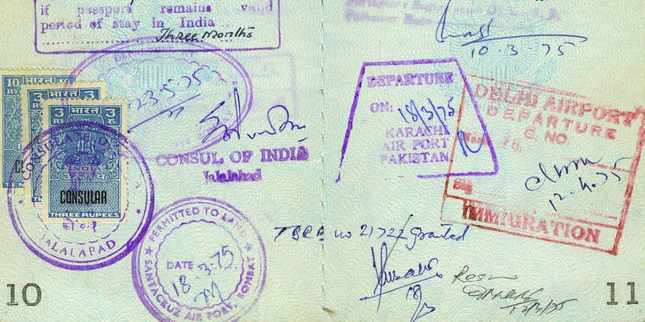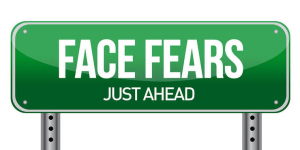Immigration reform is a hot topic in the US and in the UK. Were it not for the controversy over Obamacare and the gridlock that characterises Washington, immigration reform would be at the top of the country’s political slate. Immigration reform will probably not get the attention of Congress until after the 2014 elections but it is very much on the minds of medical, business, educational and tax professionals.
A study performed by the Pew Hispanic Center estimated that in December 2012 the US had 11.1 million illegal or “unauthorised” immigrants. The figure is down from the 2007 high of 12.5 million. Between the years 2000 and 2009, the number of illegal immigrants living in the US exploded by 27 percent.
In addition to a number of security issues, illegal immigrants pose other economic and social challenges for taxpayers, government and business. However, there is evidence to suggest that illegal immigrants provide a benefit to the general population.
One of the quandaries illegal immigrants present is that many “illegals” give birth once they are in the country. These children are naturalised American citizens, regardless of the illegal status of the parents. Another social issue is language. Large numbers of legal and illegal immigrants residing in the US have developed their own cultures and do not speak English.
The Case For Illegal Immigrants
Ernesto Zedillo is the former President of Mexico and current Director of the Yale Center for the Study of Globalisation. Zedillo maintains that illegal immigrants are vital to the US economy. Zedillo suggests that illegal immigrants fill a necessary void in the US labor market and that politicians should acknowledge that and not solely concentrate on enforcement.
There is merit to the theory. Whenever the US has had demand for low paying jobs, the number of immigrants increases. During the Great Recession, illegal entries turned lower. Most illegals fill jobs that many Americans would not consider. They are especially vital in certain farming enterprises.
There is no question that illegals contribute to the overall economy. Nearly every dollar the immigrant makes is spent in the US. A report from UCLA indicated that the illegal population was supporting about 8 million US jobs and produced $150 billion of economic activity every year.
Illegal immigrants occupy about 3 million residences or almost 4 percent of all US housing. The study also showed that illegal aliens tend to work for lower pay than their legal counterparts thus keeping the cost of certain goods affordable.
The strongest fact about illegal immigration is that it violates the law. The Congressional Budget Office reports that only between 30 and 50 percent of the illegal population pay state, federal or local taxes. Yet, illegals use public services including schools and hospitals.
However, illegal immigrants that do pay taxes add about $7 billion annually to the Social Security fund even though they cannot benefit from the contributions. The Texas State Comptroller said that in 2006, the state’s 1.4 million illegal immigrants added $18 billion to state coffers.
The Center for Immigration Studies reported that in 2004, illegal aliens used $26.3 billion of taxpayer services, including hospitals and schools, and only contributed $16 billion in taxes. A 2011 study entitled the Fiscal Burden of Illegal Immigration revealed that state and local municipalities bear the biggest financial burden for illegal aliens. In 2010, the cost of illegal immigration to the federal government was $29 billion while state and local authorities spent $84 billion in goods and services for illegals.
Illegal immigration is a sensitive topic in the US. There are numerous roadblocks but the current structure does not work and poses a security risk as well as a financial drain on taxpayers. To implement immigration reform will take a functional Congress and a commitment to explore muddy waters. At some point, every person working in the US should pay taxes and receive equal services and entitlements. That must be the primary goal.
Hiland Doolittle







